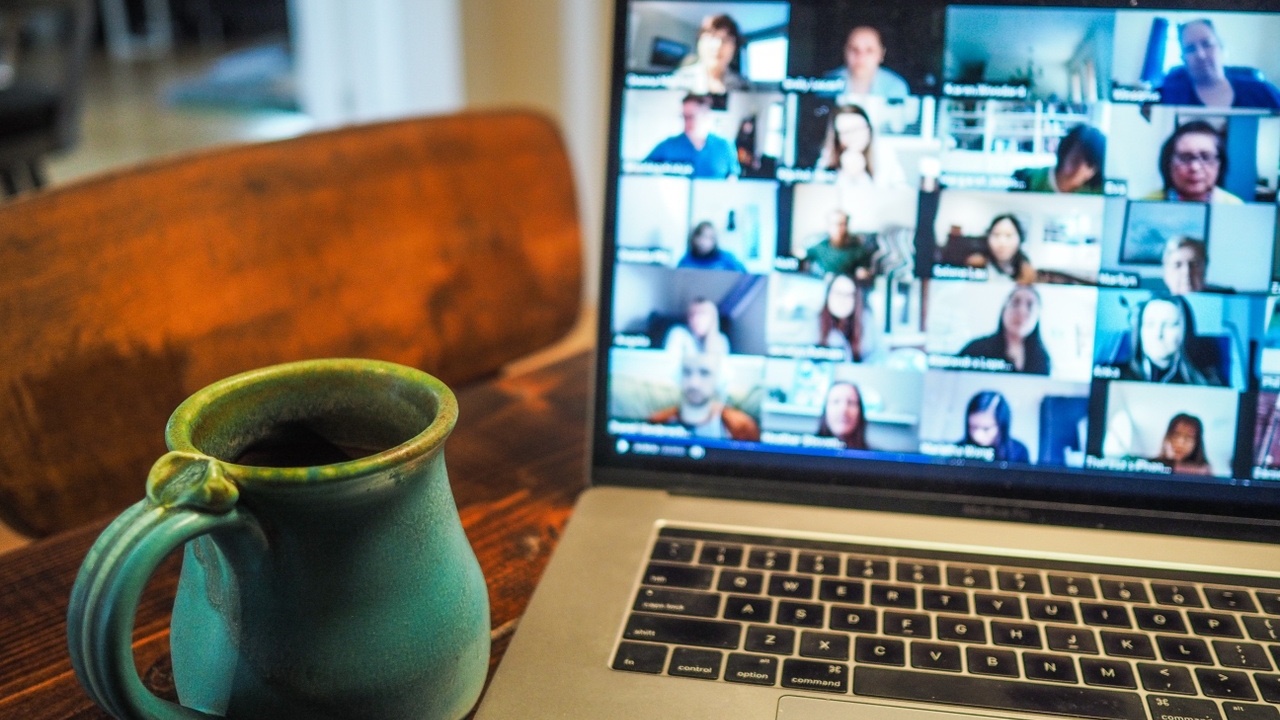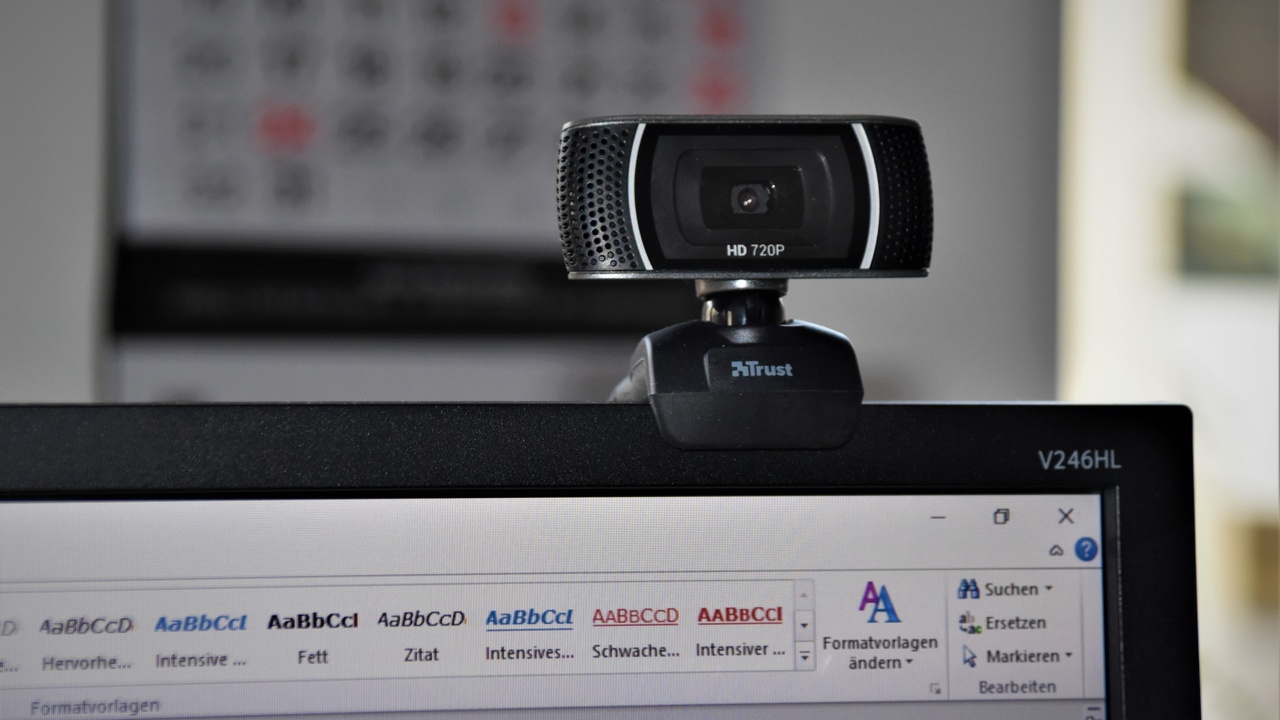Introverts vs. Extroverts on Zoom

Don't think of introversion as something that needs to be cured...spend your free time the way you like, not the way you think you're supposed to.
–– Susan Cain, Author
Quiet: The Power of Introverts in a World That Can't Stop Talking
By John Millen
Confession time: a year into this pandemic, I’m sick of this. I miss people. I used to travel almost every week and make new friends everywhere.
I love the simple interactions with people in planes, offices and Ubers. I even miss waiting in line to check into a hotel late at night. All those thousands of interactions a year I took for granted. I miss them.
You might have gathered from this I’m a confirmed extrovert.
Now contrast this with my life-long friend Steve who has worked from home most of his adult life. Before it became fashionable, Steve was living the pandemic lifestyle, in a manner of speaking, for the rest of us.
He can’t understand why everybody is so bent out of shape about working from home.
Therein lies the crimson line between introverts and extroverts.
What has brightened that line is how each group has responded and adapted to communicating on Zoom and other virtual platforms.
A Wall Street Journal article (subscription wall) this week documented the differences by interviewing medical experts, who concluded surprisingly that video conferencing might be harder on extroverts than introverts.
The Myth of Introversion
To understand this, you need to dispense with the myth of introversion. Many people believe that introverts are simply “shy” and don’t like social interaction.
The truth is that the difference between introverts and extroverts is how they draw their energy. Extroverts crave stimulation, drawing their energy from being with others. Introverts restore their energy alone, in quieter surroundings.
I can confirm this because, back in the day, I would work with a team of leaders for eight hours. If I wasn’t going to dinner with my clients, I would go to a restaurant and sit at the bar to meet new people.
I’ve shifted all of my training for teams and coaching for individual leaders online. I’ve found ways to make it engaging with crowd sounds like applause and boos and announcements with my megaphone; it’s fun, but it doesn’t feel the same for me.
Experts in The Journal article say that’s because extroverts miss the visceral feedback, the body language and visual cues that come with in-person conversations:
“One area where extroverts excel is the in-the-moment processing of bodily cues,” says William Lamson, an assistant professor of psychology in clinical psychology at Weill Cornel Medicine. He said talking heads make extroverts end up “using more focus and not likely getting the same reward as a live interaction.”
The Comfort of Control
Meanwhile, The Journal reports the other side of the story:
For introverts, the structure and control of videoconferencing platforms could be somewhat comforting, compared with typical workplace social exchanges.
‘There is less spontaneous water-cooler chitchat, which isn’t necessarily their forte and can sometimes provoke anxiety,’ says Dr. Elias Aboujaoude, a clinical professor of psychiatry at Stanford University.
Video meetings feature frequent glitches that can offer some cover to introverts who often worry about how they look to others. ‘Introverts can be harsh critics of their social performance and second-guess what they have said in social settings,’ says Dr. Aboujaoude.
This is not to say that introverts enjoy the virtual experience of having people stare at them all day long.
Last year I shared advice you might find helpful: How to Control Your Zoom Overload.
My conclusion is that whether we are extroverts or introverts, we all face challenges adapting to this new communication realm and should be supportive of one another as we find our way.
If I can help, let's start a conversation.
Reinventd features products and services we trust. Some of the featured products may provide us with referral commissions at no additional cost to readers.








